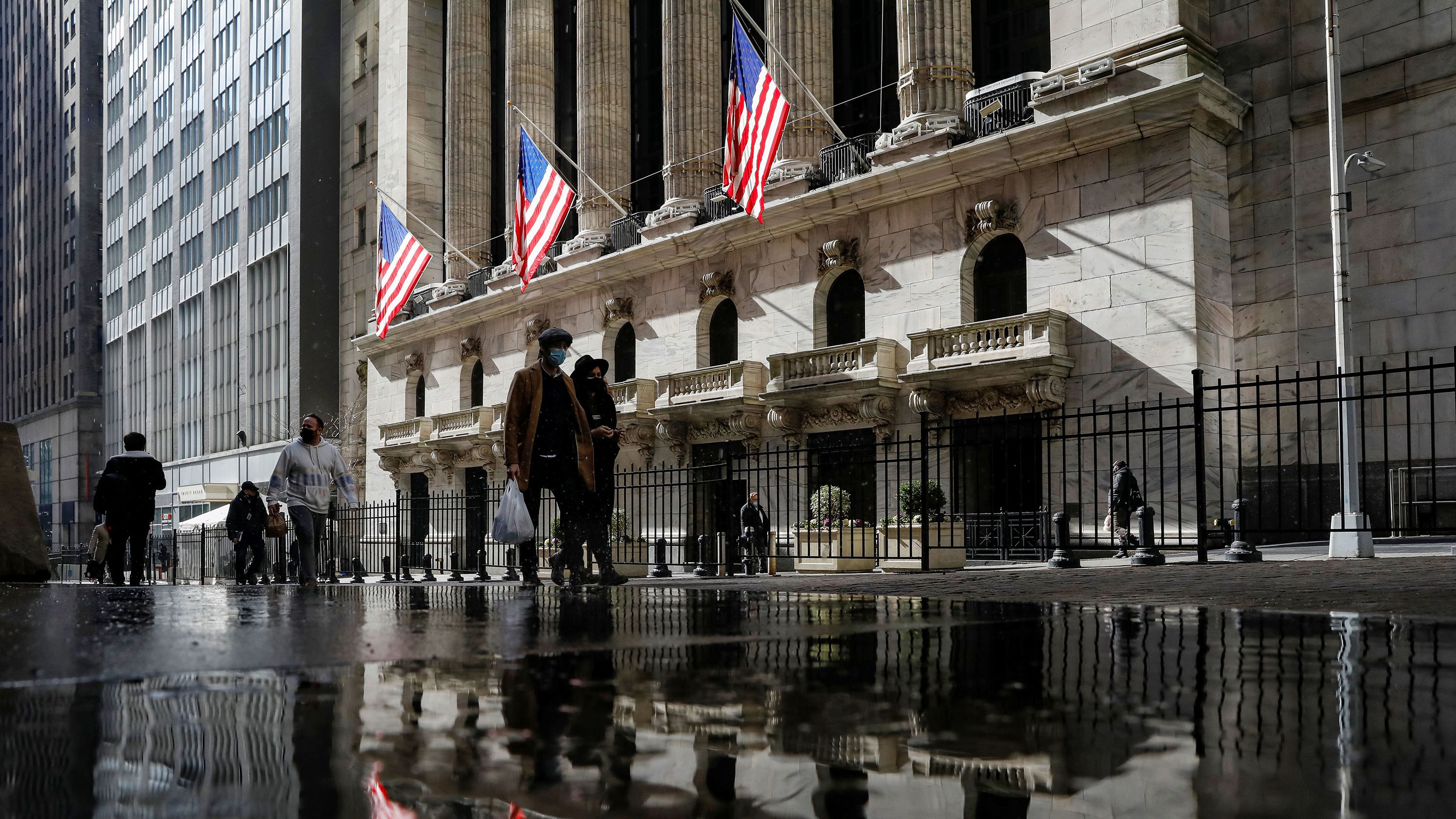IMF: A third of the world economy will be in recession by 2023 0:57
Editor's Note:
Lakshman Achuthan and Anirvan Banerji are co-founders of the Business Cycle Research Institute (ECRI), which determines recession dates for 22 economies around the world.
The opinions presented in this article belong exclusively to their authors.
(CNN) --
Concern about a US recession is widespread these days.
However, some economists argue that the strength of the labor market, as well as household balance sheets, will keep the economy strong enough to avoid a recession.
We disagre.
Despite the relatively strong job growth we have seen, the Business Cycle Research Institute (ECRI), of which we are co-founders, has been forecasting a recession since last spring, and our forecast remains that the US economy will go into recession this year.
Faced with inflation and the threat of recession, what should you buy and what should you not?
After a slow start, the Federal Reserve has been raising interest rates since March of last year, and very sharply since June, to try to slow down the economy and cool inflation.
The problem is that when the Federal Reserve started raising interest rates, the economy was already slowing, making a recession more likely.
The property sector is especially vulnerable, in part because it is sensitive to higher interest rates.
The symptoms of this vulnerability are already visible in the fall in orders to factories.
In addition, residential construction spending, already affected by rising mortgage interest rates, has been falling since last spring, and home construction and new building permits have plummeted.
Meanwhile, the manufacturing Purchasing Managers' Index (PMI), which measures the month-on-month change in manufacturing activity, has fallen below 50 over the past two months, implying that it is producing a contraction of the manufacturing sector.
On the other hand, its service sector equivalent has also fallen below the 50 mark, suggesting that service activity has started to slow.
Recessions always bring notable declines in both GDP and employment, but these declines are not necessarily evident at the start of the recession.
Although GDP and employment move in step with the economy, at the time they are released they only tell us where the economy was in the recent past.
Employment, in particular, can hold out longer than expected in a recessionary scenario.
This was the case in the inflationary era of the 1970s. In particular, employment did not peak until eight months after the start of the severe recession of 1973-1975.
The US economy added 223,000 new jobs in December, making 2022 a historic year for the labor market
The reluctance to lay off employees then, and in today's economy, could be due to the "illusion of money," whereby employers tend to view their earnings in nominal dollar terms rather than their real, inflation-adjusted value. .
Thus, even though their income increases in dollars, the purchasing power of those dollars decreases due to inflation, and they buy less labor and raw materials.
In fact, in a recession, inflation-adjusted revenue typically falls anyway, as customers make fewer or smaller purchases that cost them more due to inflation.
Inflation also forces employers to pay more for everything they buy, including employee wages and salaries.
As a result, their benefits are reduced, so many end up laying off their employees.
We see a mirror image of the current economy in the spring and summer of 2008, when the Great Recession, which began in December 2007, was already underway.
At the time, many, including then-President George W. Bush, were not worried about a recession because GDP had not yet fallen, even though job losses had already begun.
We countered the prevailing complacency by writing to CNN: "Although GDP has not yet declined, we have already had four straight months of job losses. This suggests that the economy is in recession. This also implies that one of the recent slightly positive estimates for the GDP, or both, will be revised down to negative readings for next year."
A third of the world economy would be in recession by 2023, warns the head of the IMF
A true recession means job losses, sooner or later.
So, having predicted that the economy would enter a recession, last spring we urged job seekers to "update resumes and make any career moves while the job market is still hot."
Since then, we've already seen job losses in technology and finance, but more are on the way even if the monthly employment numbers remain good.
Our recession forecast has not changed.
We should all be prepared.
US recession









